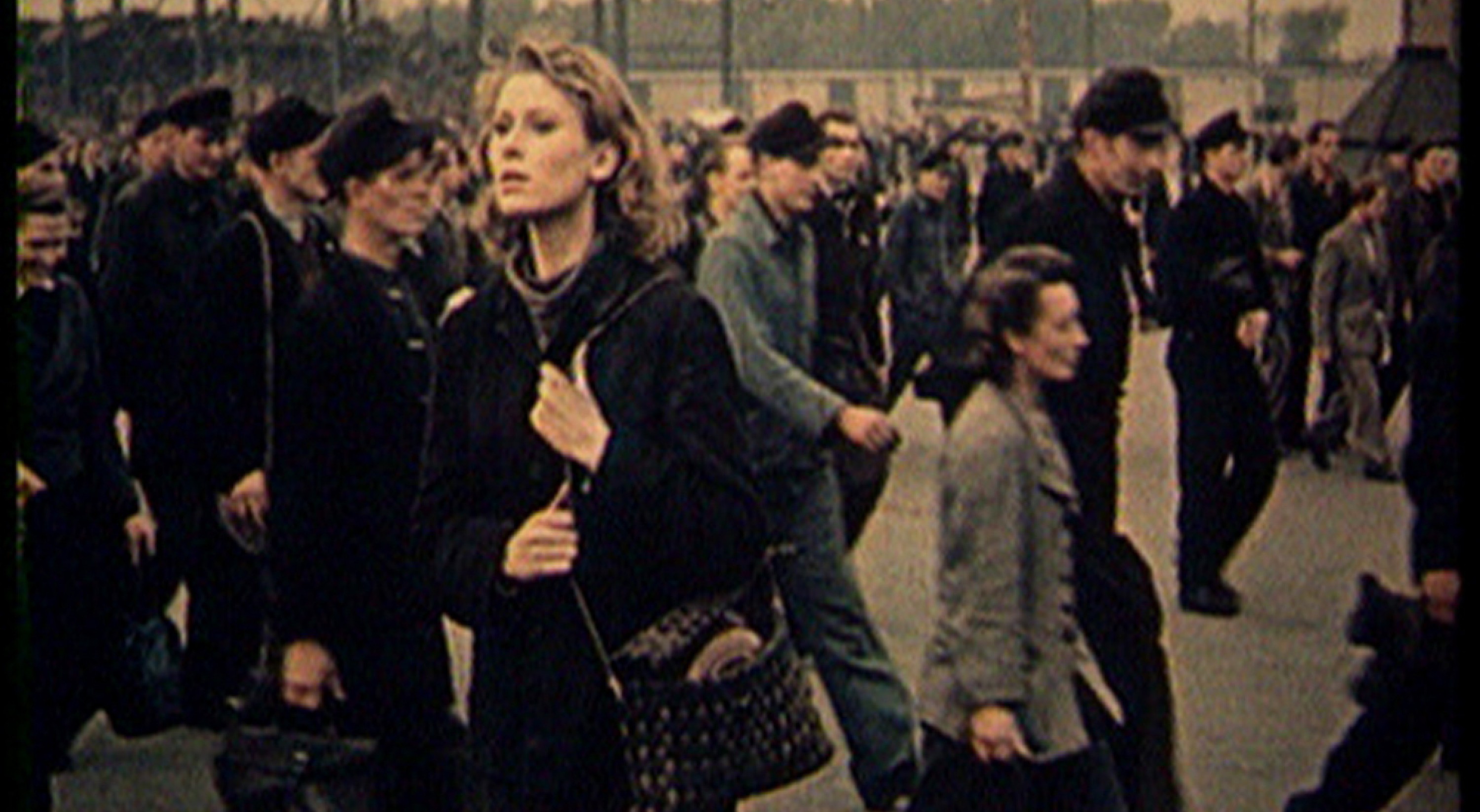Harun Farocki Christian Petzold
Retrospectives
Exhibition Harun Farocki
novembernov 23 - january – jan 23
This event is organized by the Cinémas du Département du développement culturel du Centre Pompidou with the Festival d’Automne à Paris, in partnership with Goethe-Institut and BPI-Cinémathèque du documentaire, Harun Farocki GbR and German Films, Nova and Trois Couleurs. Thanks to Galerie Thaddaeus Ropac.
A detailed programme will be available in November at www.centrepompidou.fr and www.festival-automne.com
From the 1960’s onwards, Harun Farocki embarked on a vast examination of the century through its images. Since the year 2000, Christian Petzold, with whom he collaborated, has made a name for himself as one of Germany’s landmark film-makers. Combined with Harun Farocki’s installations, their respective retrospectives reveal the spectres of today’s world.
When he passed away in 2014, Harun Farocki left behind him a substantial legacy of work: over a hundred films, almost thirty installations and numerous writings. Together they constitute a definitive history of cinema and the media. His films are often built up using existing images, which he then uses to analyze the domaines of politics, war, and their manifestations in society. His installations have the effect of unfurling before us his thoughts on the media and its workings. Eminently critical, he is made committed to restoring readability to images which are all too often instrumentalized for alternative means. This accounts for the revelatory effect of his work. The retrospective and the exhibition presented at the Centre Pompidou form part of a tribute to him starting in Berlin, before moving on to Paris and Marseilles (Friche la Belle de Mai).
Christian Petzold wrote films with his one-time teacher, Harun Farocki. From Pilotes (1995) to Barbara (2012) and Phoenix (2015), the subject of his fictions is similar to the essays and documentaries of his elder, that of crises and mutations. Shifting between the past and present, the retrospective of his work, which puts him at the forefront of the rebirth of German cinema, his films delve deep into the dark ghosts of contemporary Europe.
In the same place
